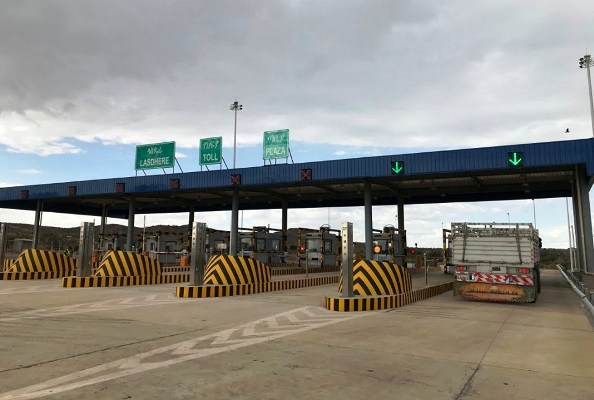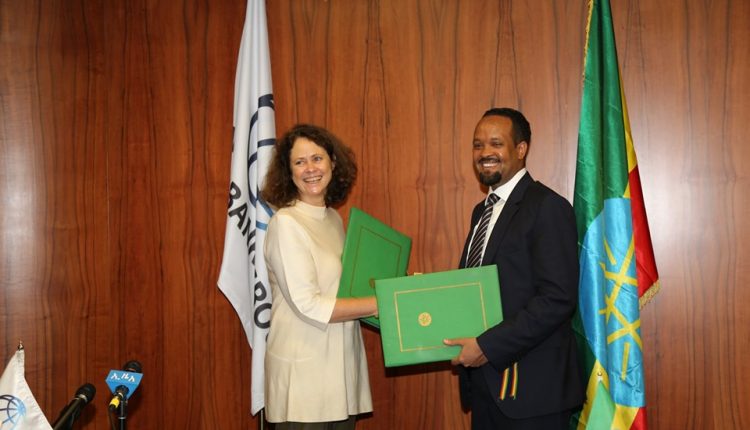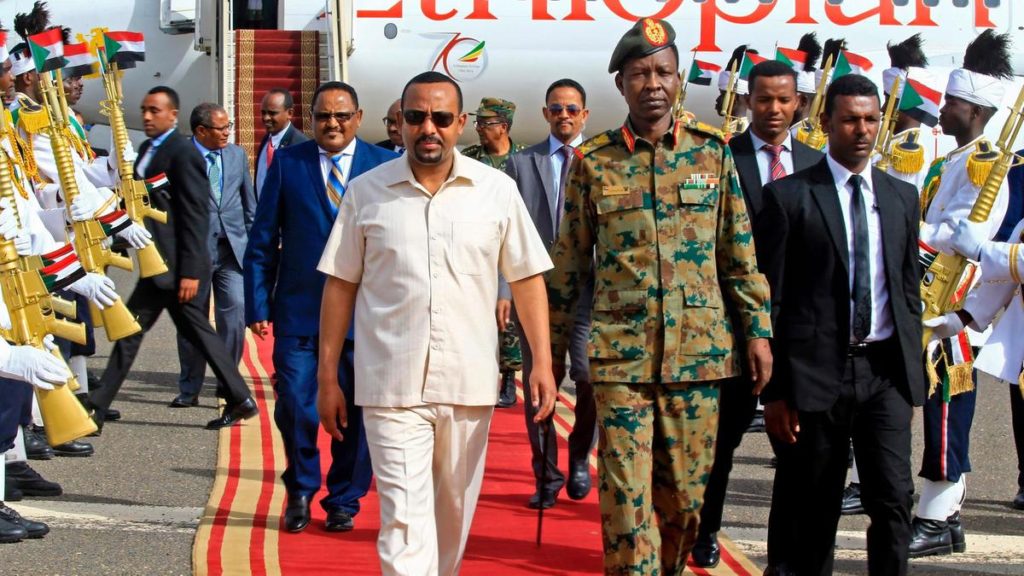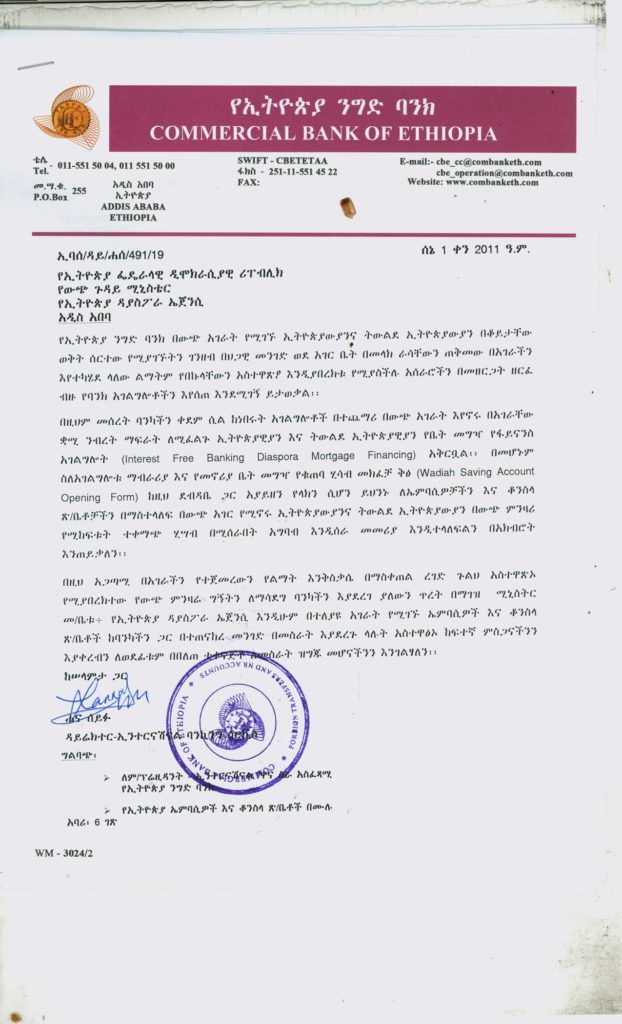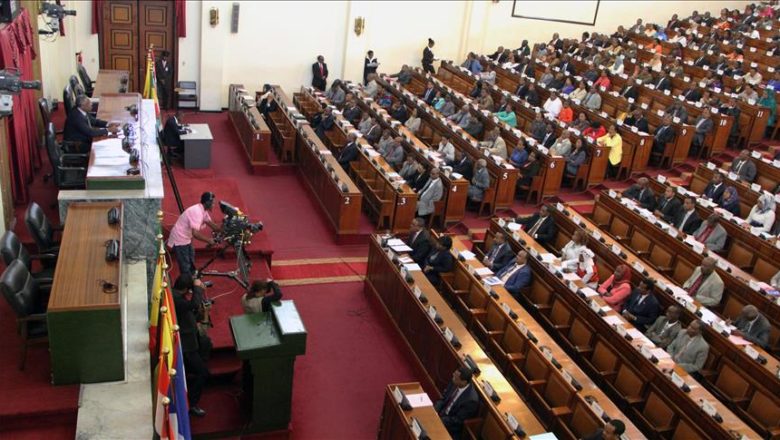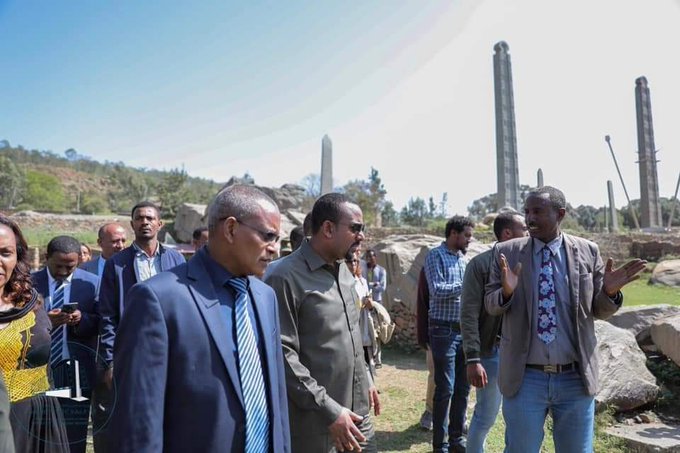
Ethiopia, Africa’s top coffee producer, is expected to export a record-high 240,000 metric tons of coffee in 2019/20, the U.S. Department of Agriculture attache in Addis Ababa said, as yields improve and the area dedicated to coffee farming increase.
Production of coffee is expected to rise to 7.35 million tonnes in 2019/20, an 1.4% increase from the 2018/19 season.
Exports account for just over half of overall production and are forecast to grow 0.5% in 2019/20 from the previous year to reach 4 million 60-kg bags. Coffee is Ethiopia’s most important export.
Exporters in the country are facing increased regulation, with the government banning several exporters in recent months for defaulting on their contracts and hoarding beans.
While supplies are greater this year thanks to higher yields due to better rains and the reduced prevalence of disease, the USDA’s forecasted yield of 0.82 tonnes per hectare comes in well below the government’s target of 1.1 tonnes per hectare, the report noted.
And production continues to face the broader threat of farmers switching to other crops.
“One of the major challenges the Ethiopian coffee sector is facing is that many coffee producers, mostly from the eastern part of the country are tearing out the coffee bushes and replacing them with khat, a plant with stimulant properties,” the USDA said.
Meanwhile, domestic demand in Africa’s top coffee consumer is expected to remain robust, with the USDA expecting Ethiopian consumption to rise by 2.4% in 2019/20 compared to 2018/19.

